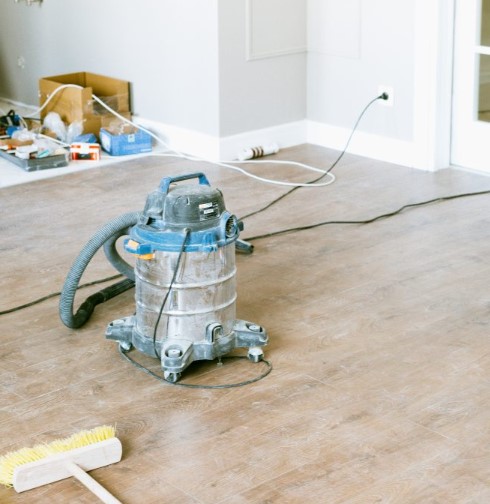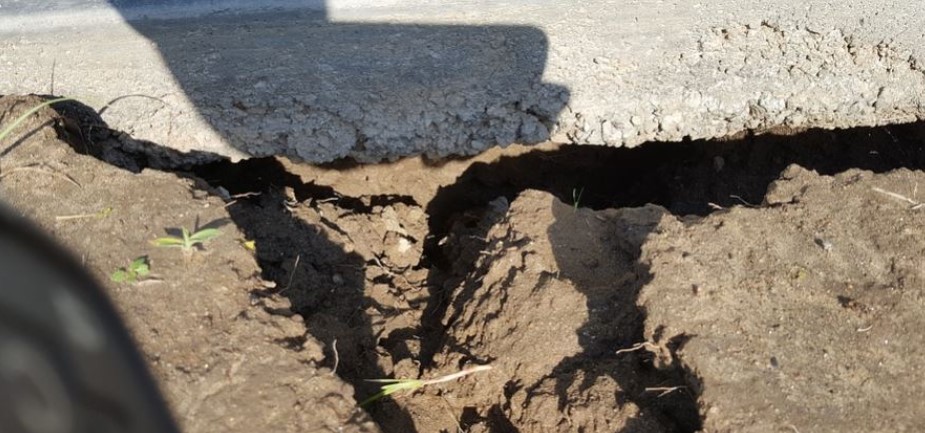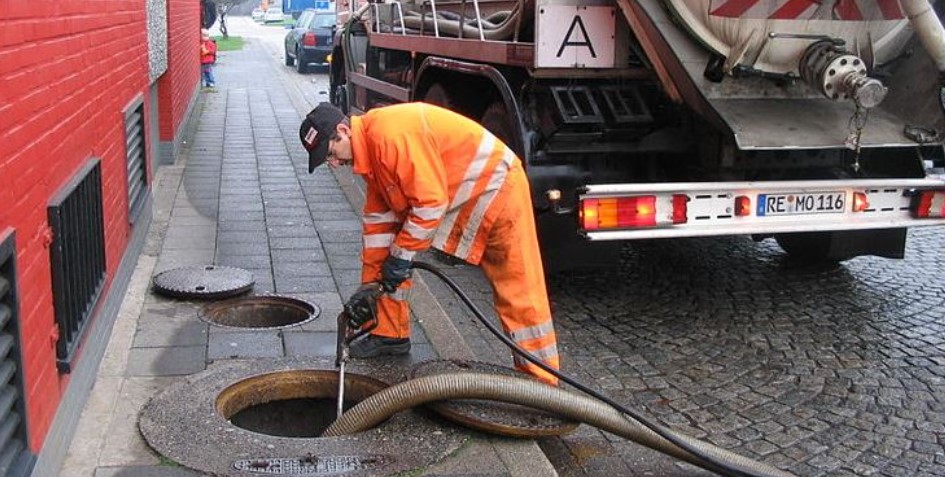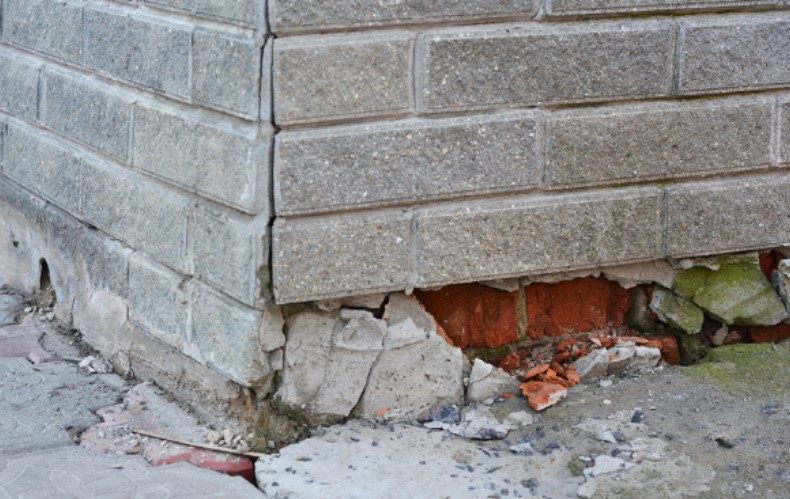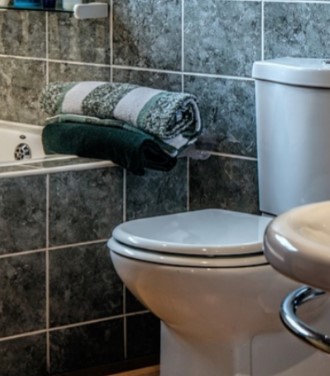Whether you’re cleaning up after a large construction project yourself or you hire a professional junk removal company, there are some basic tips that will help you to get your home back to its original state. These tips include hiring a professional, vacuuming, and keeping track of all the tools and materials that you need.
Vacuuming your upholstery
Getting your upholstery vacuumed after a large construction project is a great way to protect your furniture. Not only does vacuuming remove dirt and dander, but it also removes any allergens that may have accumulated in the upholstery. If you don’t vacuum, the dust can embed itself in the upholstery and carpets.
The best way to vacuum upholstery is to use a vacuum cleaner with an upholstery attachment. The attachment has a soft brush that allows you to pick up even the tiniest particles of dust. You can also make your own upholstery cleaner using a few basic household items. You will also need a vacuum cleaner with a HEPA filter.
When you are vacuuming upholstery, you will want to work from top to bottom. This is especially important if your upholstery is made of fabric. If your upholstery is made of silk, you will want to use a vacuum with a low setting.
Keeping track of all tools and materials
Keeping track of all tools and materials after a large construction project can be a daunting task. There are a number of factors to consider, such as keeping tools in one location to help prevent leaving them behind. Keeping track of tools in real time is also useful because it can help you keep track of maintenance dates and warranty end dates.
One way to keep track of tools is to use a barcode inventory system. This system allows you to easily track all of your high-value items. It can also help you keep track of tools that are frequently used.
Another option is to use chits. These can be associated with an employee and are used to keep track of tools that are used by specific employees. This can help to deter misuse and theft.
Hiring a professional cleaner
Choosing to hire a professional cleaner after a large construction project is a great choice. You’ll be able to save a lot of time and effort, while still getting a top-notch clean.
Cleaning up debris and junk from a construction site is a complicated job. It requires heavy duty equipment and proper training. It is not for amateurs. If you don’t have the right tools, you might end up with a mess that you cannot fix. It’s also a risky job. It can involve physical and chemical hazards.
A post construction cleaning service can help you get your business back on track. The process includes cleaning all of the dust and debris that has been left behind from your construction project. This can take several days. You might also find stray nails, glass shards, or even a large block of debris.
